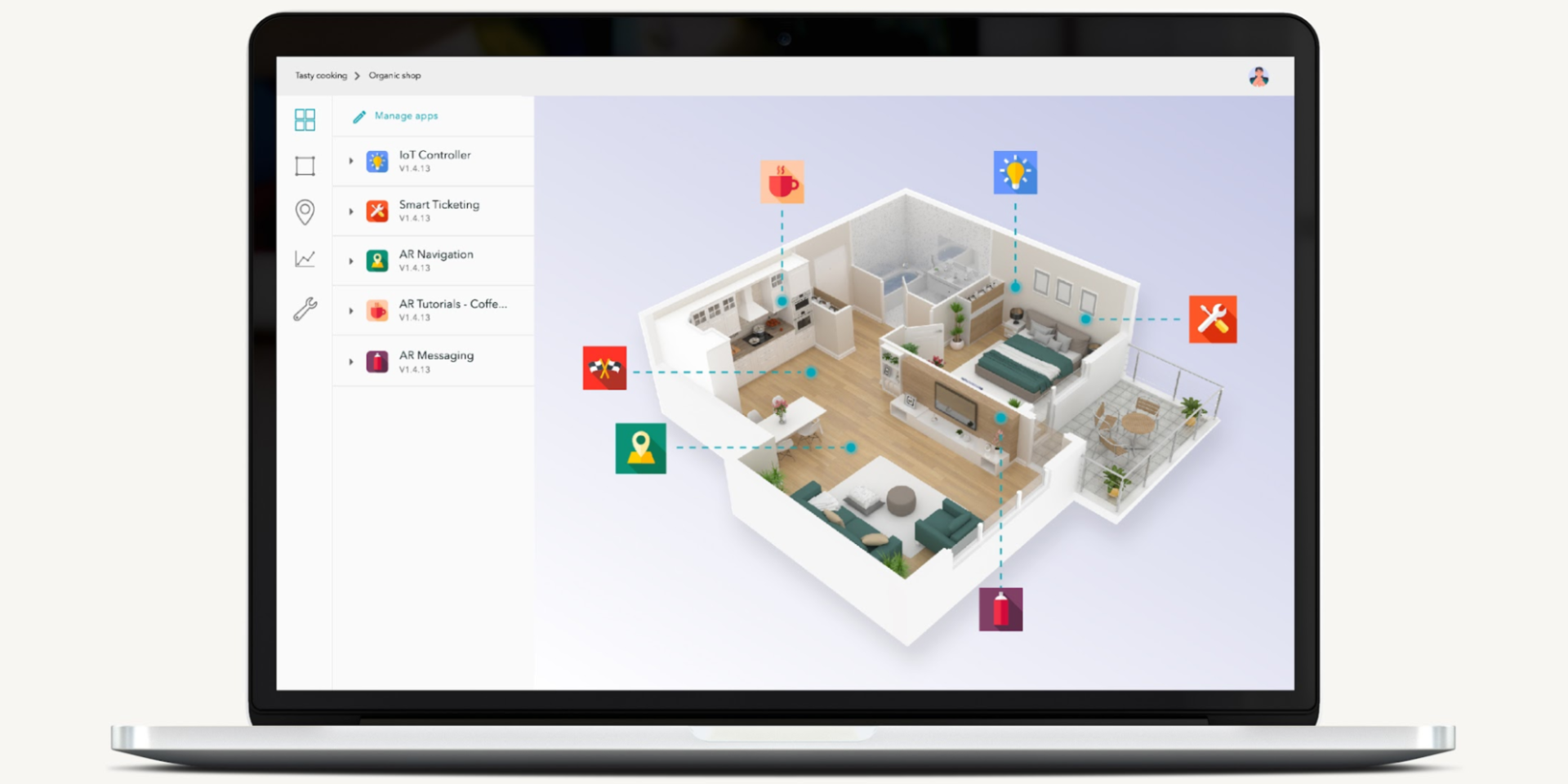What Are Intelligent Building Management Systems?
How to manage a dozen different competing IoT protocols in a single building

If you’ve ever used smart technology at home, you’ve probably encountered the problem of every gadget having its own protocol, and none of them wanting to talk to each other. Your Alexa speaker doesn’t want to mesh with your Eufy security system which refuses to connect to your Apple HomeKit — even though they’re meant to.
On the scale of a facility manager, that problem becomes amplified, where you need to establish a way for the HVAC, security, and electrical systems all to connect. That’s where an intelligent building management system comes in — an IBMS provides a central hub for all your systems, increasing building efficiency and lowers costs in the long run.
Already versed in IBMS and want to learn more about intelligent buildings? Read our comprehensive guide, "What Are Intelligent Buildings? A Beginner's Guide to Digital Facilities"
Jump to a section
What is an intelligent management system?
What is intelligent building management system software?
Features of effective intelligent building management software
What is an intelligent management system?
An intelligent management system is a central point of control for the many disparate elements of a smart facility. Modern buildings comprise a complex network of systems, all of which need to be controlled by a facilities manager. Traditionally, that’s security, HVAC, electrical power, lighting, and building access — but as structures continue to modernize, the number of systems that need to be managed continues to grow. Modern basics like internet access, Wi-Fi coverage, and entertainment systems all need to be included, too.
Rather than handling all of these settings individually, a building management system puts them all in one place. An intelligent building management system (IBMS) meshes them into the IoT, combining disparate smart platforms into one controller. An IBMS can grow with new and expanding technology — so you can add tools like smart data sensors, IoT-connected office appliances, and video conferencing, but still control all of them from that central platform.
Back to topIBMS vs BMS vs BAS
It can be confusing to understand the acronyms of building management systems, many of which have overlapping meanings. Building Management Systems (BMS) and Building Automation Systems (BAS) are interchangeable terms that refer to systems used to control and automate many of the functions associated with building management. The I part of IBMS is intelligent, and represents a new level of complexity that traditional BMS and BAS aren’t able to achieve. While a BMS would be able to turn on the heat and lights at a certain time in the morning, IBMS can use much more complex logic to achieve more granular controls. An IBMS can turn on the heat and lights when a certain person comes into the office, then adjust the brightness and temperature levels to that individual's personal preference.
Back to topWhat is intelligent building management system software?
Intelligent building management system software compiles the various controls for facility systems and combines them all into one harmonious package. Using multiple IoT protocols, these software platforms can give access to an entire building’s control from one central app, which can be used on-site or remotely via a cloud interface.
IBMS software is also capable of leveraging the “intelligent” portion of that acronym for even greater effect. By gathering large amounts of data on systems usage, an IBMS is able to dynamically adjust itself in real-time to suit facility conditions, making the entire system more efficient. Notably, many IBMS buildings see significant decreases in energy usage, as power and HVAC operate more efficiently, significantly reducing a facility’s utility bill.
As IBMSs continue to evolve, many are now also implementing AI-powered predictive technology to get ahead of problems before they begin. Resonai’s Vera platform can predict when maintenance will be required, and can more quickly send out repair staff than traditional systems, meaning less operational downtime.
This software isn’t just limited to connected systems — it can also be used to track how assets are deployed from room to room, so they can be easily placed where needed, then re-allocated as needed.
Back to topFeatures of effective intelligent building management software
Building managers looking to use intelligent building management system software need to find a solution that is capable of bringing together all the disparate parts of their existing toolset, regardless of platform or protocol.
Good IBMSs also allow for granular controls, providing the ability to see what’s going on at every level, from the whole building down to a single visitor. It should be not just possible, but easy to turn on a teleconferencing tool in a meeting room just as easily or set security access across all of your tenants.
Newer, more robust IBMS platforms are capable of using machine learning and AI on the large datasets they collect in the course of monitoring a facility’s system. Advanced modeling of building data can be used predictively to alert you of potential upcoming issues. You can also model changes to a space before implementing them, catching potential issues before they might arise.
By combining advanced IoT controls with the best of intelligent programming, Vera gives facility managers an unparalleled level of control over their space, in a scalable platform that can work for everything from the smallest detail to the entire building. Are you ready to learn more? Get in touch with Resonai today and set up a free demonstration.
Subscribe to Our Newsletter!
Read More
Intelligent Building Structure: Designing For Success From the Ground Up
Historically, the term “intelligent buildings” has been used to mean a building that’s designed...
How to Get the Most Out of Smart Building Upgrades
Building management is a costly, time-consuming endeavor. With routine maintenance, tenant...
What Are Intelligent Buildings? A Beginner’s Guide to Digital Facilities
As technology advances, our physical surroundings are becoming more complex. Any given room can...